 Welcome
Welcome
“May all be happy, may all be healed, may all be at peace and may no one ever suffer."
Social anxiety disorder (social phobia)
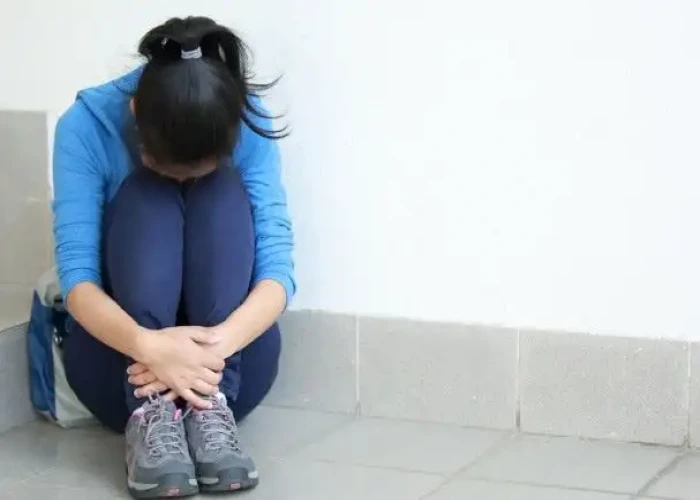
Social anxiety disorder, also known as social phobia, is a common anxiety disorder characterized by an intense fear of social situations. People with social anxiety disorder experience excessive anxiety and self-consciousness in social situations, including meeting new people, speaking in public, being observed or judged by others, and participating in group activities.
The fear of social situations can be so intense that it can interfere with a person's daily life, work, and relationships. Physical symptoms of social anxiety disorder can include blushing, sweating, trembling, nausea, and difficulty speaking.
Social anxiety disorder can develop in childhood or adolescence and may persist into adulthood. The causes of social anxiety disorder are not fully understood, but it is thought to be the result of a combination of genetic, environmental, and psychological factors.
Treatment for social anxiety disorder typically involves a combination of therapy, medication, and lifestyle changes. Cognitive-behavioral therapy (CBT) is a common form of psychotherapy used to treat social anxiety disorder. It focuses on changing negative thought patterns and behavior that contribute to social anxiety. Medications such as antidepressants and anti-anxiety drugs can also be effective in reducing symptoms of social anxiety disorder.
In addition to therapy and medication, lifestyle changes such as exercise, relaxation techniques, and avoiding or limiting caffeine and alcohol may also help to manage symptoms of social anxiety disorder. If you or someone you know is experiencing symptoms of social anxiety disorder, it is important to seek help from a qualified healthcare provider.
Research Papers
Disease Signs and Symptoms
- Rapid heartbeat (tachycardia)
- Enduring a social situation with intense fear or anxiety
- Having anxiety in anticipation of a feared activity or event
- Avoiding situations where might be the center of attention
- Avoiding doing things or speaking to people out of fear of embarrassment
- Fear that others will notice that you look anxious
- Intense fear of interacting or talking with strangers
- Worrying about embarrassing or humiliating yourself
- Fear of situations in which you may be judged
- Dizziness, lightheadedness or faintness
- Trouble catching breath
- Nausea or vomiting
- Excessive sweat
- Feeling that mind has gone blank
Disease Causes
Social anxiety disorder (social phobia)
Like many other mental health conditions, social anxiety disorder likely arises from a complex interaction of biological and environmental factors. Possible causes include:
- Inherited traits. Anxiety disorders tend to run in families. However, it isn't entirely clear how much of this may be due to genetics and how much is due to learned behavior.
- Brain structure. A structure in the brain called the amygdala (uh-MIG-duh-luh) may play a role in controlling the fear response. People who have an overactive amygdala may have a heightened fear response, causing increased anxiety in social situations.
- Environment. Social anxiety disorder may be a learned behavior — some people may develop significant anxiety after an unpleasant or embarrassing social situation. Also, there may be an association between social anxiety disorder and parents who either model anxious behavior in social situations or are more controlling or overprotective of their children.
Disease Prevents
Social anxiety disorder (social phobia)
There's no way to predict what will cause someone to develop an anxiety disorder, but you can take steps to reduce the impact of symptoms if you're anxious:
- Get help early. Anxiety, like many other mental health conditions, can be harder to treat if you wait.
- Keep a journal. Keeping track of your personal life can help you and your mental health professional identify what's causing you stress and what seems to help you feel better.
- Set priorities in your life. You can reduce anxiety by carefully managing your time and energy. Make sure that you spend time doing things you enjoy.
- Avoid unhealthy substance use. Alcohol and drug use and even caffeine or nicotine use can cause or worsen anxiety. If you're addicted to any of these substances, quitting can make you anxious. If you can't quit on your own, see your health care provider or find a treatment program or support group to help you.
Disease Treatments
Treatment depends on how much social anxiety disorder affects your ability to function in daily life. The most common treatment for social anxiety disorder includes psychotherapy (also called psychological counseling or talk therapy) or medications or both.
Psychotherapy
Psychotherapy improves symptoms in most people with social anxiety disorder. In therapy, you learn how to recognize and change negative thoughts about yourself and develop skills to help you gain confidence in social situations.
Cognitive behavioral therapy (CBT) is the most effective type of psychotherapy for anxiety, and it can be equally effective when conducted individually or in groups.
In exposure-based CBT, you gradually work up to facing the situations you fear most. This can improve your coping skills and help you develop the confidence to deal with anxiety-inducing situations. You may also participate in skills training or role-playing to practice your social skills and gain comfort and confidence relating to others. Practicing exposures to social situations is particularly helpful to challenge your worries.
First choices in medications
Though several types of medications are available, selective serotonin reuptake inhibitors (SSRIs) are often the first type of drug tried for persistent symptoms of social anxiety. Your health care provider may prescribe paroxetine (Paxil) or sertraline (Zoloft).
The serotonin and norepinephrine reuptake inhibitor (SNRI) venlafaxine (Effexor XR) also may be an option for social anxiety disorder.
To reduce the risk of side effects, your health care provider may start you at a low dose of medication and gradually increase your prescription to a full dose. It may take several weeks to several months of treatment for your symptoms to noticeably improve.
Other medications
Your health care provider may also prescribe other medications for symptoms of social anxiety, such as:
- Other antidepressants. You may have to try several different antidepressants to find the one that's most effective for you with the fewest side effects.
- Anti-anxiety medications. Benzodiazepines (ben-zoe-die-AZ-uh-peens) may reduce your level of anxiety. Although they often work quickly, they can be habit-forming and sedating, so they're typically prescribed for only short-term use.
- Beta blockers. These medications work by blocking the stimulating effect of epinephrine (adrenaline). They may reduce heart rate, blood pressure, pounding of the heart, and shaking voice and limbs. Because of that, they may work best when used infrequently to control symptoms for a particular situation, such as giving a speech. They're not recommended for general treatment of social anxiety disorder.
Stick with it
Don't give up if treatment doesn't work quickly. You can continue to make strides in psychotherapy over several weeks or months. Learning new skills to help manage your anxiety takes time. And finding the right medication for your situation can take some trial and error.
For some people, the symptoms of social anxiety disorder may fade over time, and medication can be discontinued. Others may need to take medication for years to prevent a relapse.
To make the most of treatment, keep your medical or therapy appointments, challenge yourself by setting goals to approach social situations that cause you anxiety, take medications as directed, and talk to your health care provider about any changes in your condition.
Alternative medicine
Several herbal remedies have been studied as treatments for anxiety, but results are mixed. Before taking any herbal remedies or supplements, talk with your health care team to make sure they're safe and won't interact with any medications you take.
Disease Diagnoses
Disease Allopathic Generics
-
Phenobarbital
The patient should be told that he has no disease. Avoid bad thoughts and do your own work. For patient concerns. 1 pill 3 times a day.
-
Diazepam
Drugs containing diazepam in severe and chronic anxiety, mental restlessness, insomnia with anxiety or physical restlessness.
1 pill 3 times a day for 3 weeks. The dosage should be determined by monitoring the patient's condition. If this medicine is used for a long time, the patient becomes addicted to this medicine.
-
Propranolol Hydrochloride
Medicines containing propanol for headache, heart palpitations, pounding chest, physical and mental restlessness, mild fear etc.
1/2 pill 3 times a day. 2 times a day when heart rate decreases.
-
Amitriptyline Hydrochloride + Chlordiazepoxide
Medicines containing chlordiazexide in severe and chronic anxiety/anxiety.
1 pill 3 times a day. The dosage can be further increased according to the condition of the patient. Maximum 40mg/10mg daily in divided doses.
-
Bromazepam
Bramazepam is a drug for emotional disturbances, anxiety, depression, anxious, mood swings, nervous tension.
1 pill 3 times a day.
-
Clobazam
Medicines containing clobazam for anxiety, stress, restlessness, agitation and sleep difficulties.
1 pill 3 times a day. Maximum dose: 60mg in divided doses.
-
Clobazam
Medicines containing clobazam for anxiety, stress, restlessness, agitation and sleep difficulties.
1 pill 3 times a day. Maximum dose: 60mg in divided doses.
-
Lorazepam
Medicines containing lorazepam for anxiety, insomnia, restlessness, or restlessness.
1mg+1mg+2mg / 2mg+2mg+2mg.
-
Trifluoperazine
Medicines containing triflupyrazine to reduce anxiety, suspicion and anxiety.
1 pill 2/3 times a day in low dose.
-
Procyclidine Hydrochloride
Triflupyrazine and thioridazine containing drugs are used together with procyclidine containing drugs.
1/2, 1 pill 2 times a day.
-
Flupentixol
Flupenthixol and melitracin combination drugs when anxiety, depression and depression coexist.
1+0+0.
-
Flupentixol + Melitracen
Flupenthixol and melitracin combination drugs when anxiety, depression and depression coexist.
1+0+0.
-
Amitriptyline Hydrochloride
Amitriptyline is a drug for depression.
1 pill 3 times a day, after a few days the night dose should be 50mg or more. Doses should be increased gradually. Maximum dose is 255mg (3 pills 3 times a day). Then gradually reduce the dose.
-
Vitamin B complex
for weakness. Consume 1 capsule 2 times daily.
-
Nitrazepam
1 pill daily at night.
Disease Ayurvedic Generics
Disease Homeopathic Generics
Disease yoga
Social anxiety disorder (social phobia) and Learn More about Diseases

Primary biliary cholangitis

Adrenoleukodystrophy

X-linked agammaglobulinemia
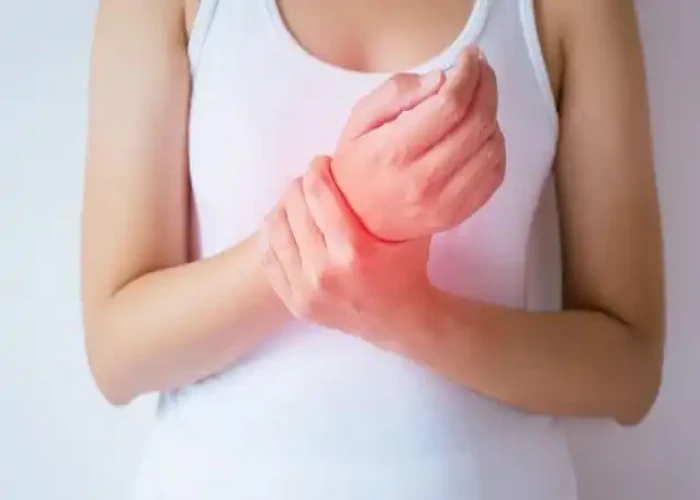
Ulnar wrist pain
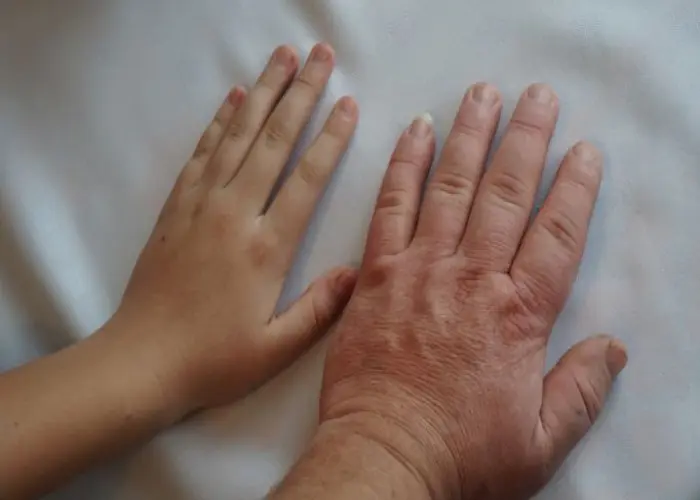
Acromegaly
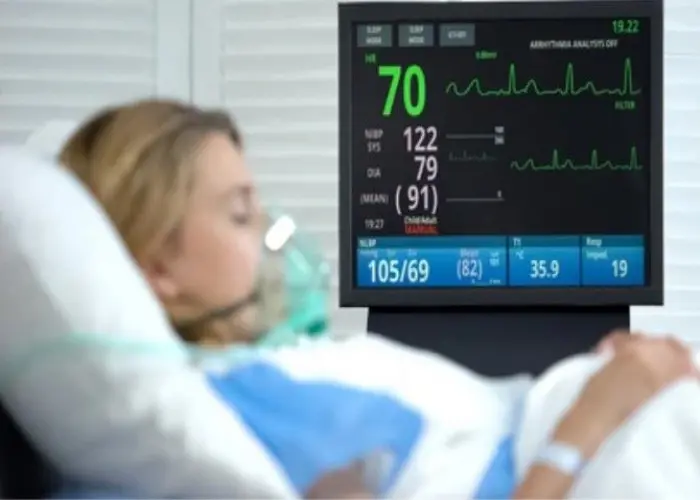
Coma
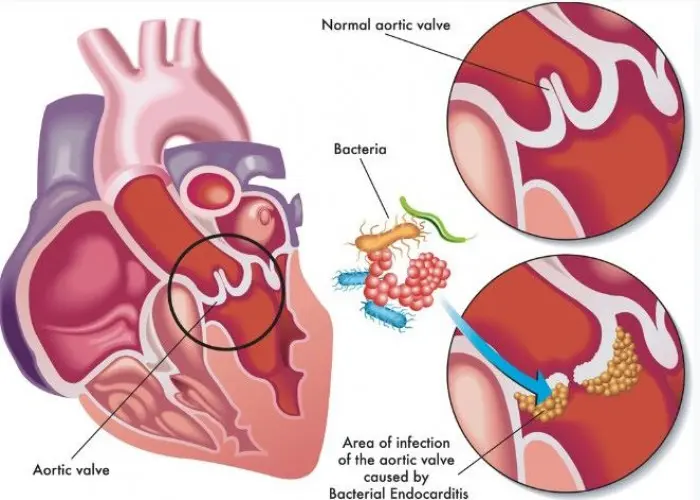
Endocarditis

Selective IgA deficiency
Social anxiety disorder, social phobia, সামাজিক উদ্বেগ ব্যাধি, সোশ্যাল ফোবিয়া
To be happy, beautiful, healthy, wealthy, hale and long-lived stay with DM3S.
